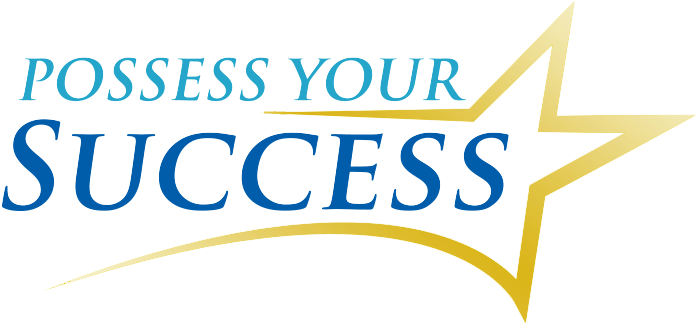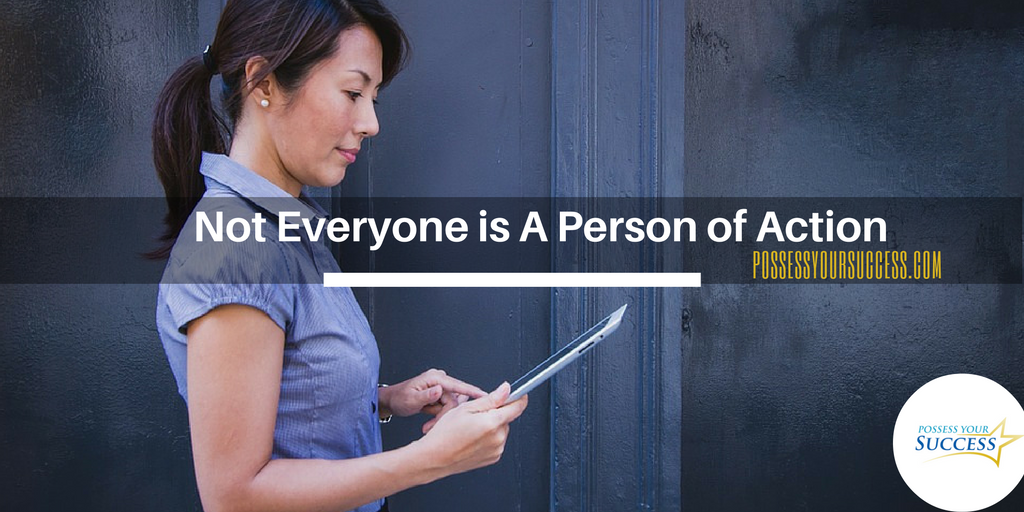Not Everyone is a Person-of-Action
(Originally Created by Brendan Alan Barrett of StartInPhx.com)
If you’ve been following this series on how to how to keep adversity from derailing your work, you already know that a key component to overcoming challenges in your work is taking ownership of even the smallest details. You already know that you’ll find greater success by being a champion of solutions, rather than passively watching work happen around you.
While you already know this, you can’t exactly expect all of your colleagues to have that same foresight. Not everyone you’ll work with over the course of your career will be as on-fire about doing great work as you.
When working in an organization or on a team, it’s fairly common that some portion of the membership is still struggling to buy-in to the group’s greater mission. Some may also have a naturally strong external locus of control. These individuals struggle to believe their efforts can have a legitimate impact on whether the team succeeds or fails.
These kinds of team members are much more likely to accept defeat; defeat in the form of missed objectives, delays in a project’s delivery, etc. They are likely to fold and lose hope upon encountering the first roadblock along the path to achieving the group’s goal.
Even if you’re results oriented by nature – it can be easy to fall into a pattern of accepting all news as fact. It’s even easier when the news that a deal is dead, or that a project has to be delayed for one reason or another comes from a colleague – someone close to the cause.
In reality, limitations presented by people near to the cause should be questioned in the same way as any other. When you’re too quick to assume a high level of buy-in and motivation among your colleagues, when you assume that a team member has approached the newest obstacle with dozens of possible solutions before throwing in the towel, you risk missing the team’s objective at the hands of a barrier that truthfully could have been overcome.
What I’ve learned through my own experience is that most people are not doers; they’ve only come at the problem from one or two angles before calling it quits. It’s become clear to me over time that persistence is certainly something people can learn, but that everyone learns at their own pace. Some folks learn so slowly that they never grasp the true power of persistence when it comes to overcoming adversity.
Another thing I’ve learned is that there is usually more to a story than what someone is willing to share – at least upon its first telling.
Of course, getting the full story, being able to uncover the true barriers to success, is a skill of its own. It is a skill that can take time and experience to develop, but developing such a skill just isn’t possible without a healthy sense of skepticism.
Questioning the limitations not only set by outsiders, but also the limitations declared by your own team members is key to doing great work. It is also the means by which we can stretch the minds and problem solving skills of our colleagues. When we question validity of one another’s limiting beliefs, we gradually develop each other into more and more valuable members of the team.
ABOUT THE AUTHOR: Brendan Alan Barrett, writes about professional development at www.StartInPhx.com, a blog dedicated to the mission of career success without student-debt. Brendan is also the author of READ WRITE DO Professional Development and Career Success Playbook, a book written for people who want to jump start the career they’ve wanted for way too long.

